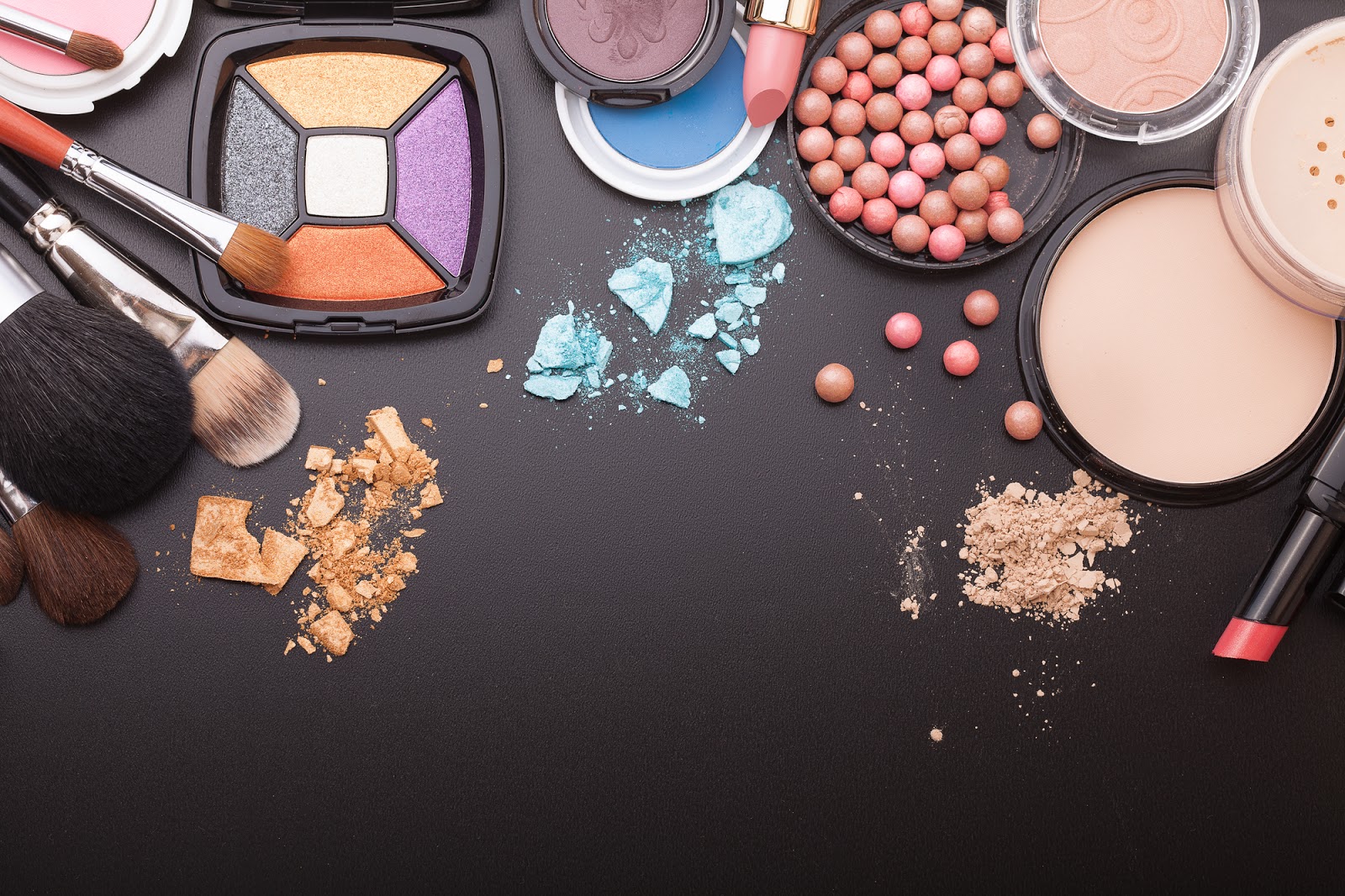

As one of the world’s most lucrative industries, the beauty market received a $49.2 billion valuation in 2020. Consumers remain proactive in pursuing relevant healthy and beauty trends that promise reduced wrinkles, clearer skin, enhanced elasticity, and improved complexion and texture. In the wake of a global pandemic, beauty tech trends like artificial intelligence and smart devices have added their influence to an already crowded health space.
With a perpetually available product array at your local grocery store, pharmacy, food store, or gas station, it’s often difficult to separate the empty promises and potentially dangerous beauty products from the lotions, creams, salves, rubs and sprays that work. Even worse, some cosmetics feature a list of potentially harmful chemicals as long as their list of potential benefits.
“Clean beauty” consists of products designed to be free from harmful toxins. A refreshing alternative, clean beauty promotes skinimalism, which is a wholesome, deliberate approach to skincare that prioritizes sparse, natural products over an abundance of off-the-shelf remedies.
What Does Clean Beauty Mean?
Clean beauty adopts a minimalist approach. Instead of stacking beauty products on top of one another, clean beauty advocates the use of a few, natural products to enhance skin’s appearance and tone without compromising overall health. In a world where the average woman could own upwards of 40 individual beauty products, clean beauty prioritizes intentional, all-natural skin management.
While the Food & Drug Administration (FDA) does not overtly approve or prohibit cosmetic products, it regulates the beauty industry to ensure safety parameters are accommodated by cosmetics providers. This means holding providers to clear labeling requirements and ingredients codes.
In stark contrast to a product-heavy approach, clean beauty advocates for the sparse use of carefully selected natural, organic, synthetic-free products. These products uphold strict composition standards, saying “no” to hazardous parabens and dyes and “yes” to sustainably-sourced ingredients. Organic beauty products may also feature biodegradable elements or ingredients, alongside eco-friendly packaging and commitments against controversial chemicals.
Clean beauty also means opting for natural beauty products that are made without artificial ingredients, While synthetic-free creams and applicants may be more expensive, you’re paying not only for improved product quality, but also to avoid products that could potentially age skin prematurely or impose other short and long-term health complications.
Why Use Clean Beauty Products Over Others?
Ultimately, clean beauty places a greater emphasis on saved health than saved pennies. Instead, opt for clean beauty products from providers who care as much about your topical and underlying skin health as you do.
An ever-growing list of ingredients banned by the FDA from cosmetics indicates products may contain potentially harmful toxins and chemicals. Once you adopt clean beauty practices, you can effectively transition away from chemical avoidance and begin pursuing the active benefits of the all-natural approach. These benefits can include:
- Avoidance of potentially health-compromising ingredients
- Exposure to healthy oils, butters, rubs, and fragrances
- Reduced skin dryness and irritation
- Ingredients sourced straight from nature, with minimal interference
- Improved reactions from sensitive skin
The Problem with Clean Beauty Products
Understandably, clean beauty is nuanced. Even within the parameters for sustainable cosmetic products provided by the FDA, the concept of clean beauty for one provider might very well be different than another company producing a similar product. In addition, concepts like “all-natural”, “synthetic-free”, even “made with natural ingredients” all presume that companies share definitions for common terms, which often is not the case.
Clean beauty serves as only one of the positively influential, green-minded movements working to improve awareness around, and promote action toward, the health of the body and the world. Consumer demands for an increased eco-focused approach to beauty products have some companies heeding the advice and revising chemical processes; stay alert for other beauty companies, guilty of “greenwashing” or “clean-washing” — convincing consumers that unhealthy products are sustainable.
How to Choose Clean Beauty Products
Choosing clean beauty isn’t always easy, but it’s often worth the investment. Replacing potentially hazardous chemicals, toxins, and ingredients with a minimalist approach to skincare might mean higher prices, but it can also mean a renewed perspective.
Currently, several common beauty product ingredients are actively damaging the environment. Don’t hesitate to consult real skin care reviews from reputed sources that share your priorities.
Clean beauty advocates for a holistic approach to self-confidence, one that helps consumers enjoy the way they look and feel, while at the same time working to promote healthy, sustaining environmental awareness.

